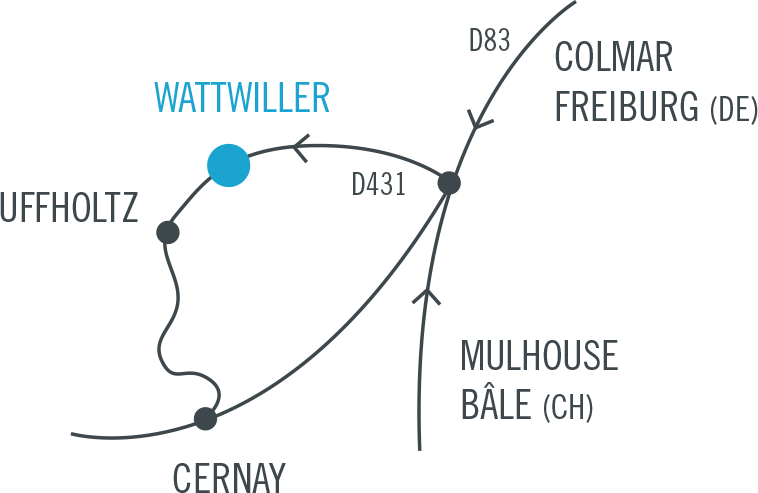In a car wash, at night, a karcher is running on empty: the set is planted, in a simple and dark space, with a mechanical object as a character, coming to life in an improvised choreography. By inserting a piece into the machine, time is delimited, the object performance is filmed, the gesture is minimal, the situation incongruous.
Throughout his work, Johan Parent diverts objects and space, introduces anomalies to these elements and personifies them to make them the central subject of his installations, drawings, photographs or video. The artist likes to implant life in these inert bodies, creating a feeling of strangeness.
Whether it is with asphyxiated objects, dancing objects, immersed in formaldehyde, the artist’s approach is conceptual but also very concrete and anchored in manipulations close to the physical sciences and well-studied chemical reactions.
A form of delicate burlesque and poetry emerge in parallel and thus give Johan Parent’s work all its specificity. Chairs are dancing, cars are smoking, cash registers are emptying their reels, floors are floating and collapsing…
Confinement and suffocation are at the heart of Johan Parent’s thinking, both in jar installations such as Machine Formalisée (Formalized Machine) or Machine Cristallisée (Crystallized Machine), Burn Out or here Self Lavage. The artist talks to us about dehumanisation and the emptiness of the world.
Self Lavage
Johan Parent
Born in 1984, in France | Lives and works between Lyon and Grenoble.
Graduated from the Annecy School of Art in 2009, he develops a multidisciplinary practice that questions the change in status of the object since its automation. In the “performances of objects” that he creates, the objects are set in motion in an absurd and counter-productive action where there is no finality.
He has participated in events and group exhibitions in France and abroad. He has also been the subject of monographic exhibitions such as Sfumato Vertigo at the Centre d’Art de Flaine (2015) and Asphalt at the Serre Saint Etienne – IAC Villeurbanne (2012).
He also obtained several residencies, at the Centre d’Art de Flaine, the Centre d’Art Contemporain de Pau, the Point Commun Art Contemporain in Vran Gevrier and the Université Pierre Mendès France in Grenoble. In 2014, he will receive the SCAN Fund from the DRAC Rhône Alpes to support digital creation.
